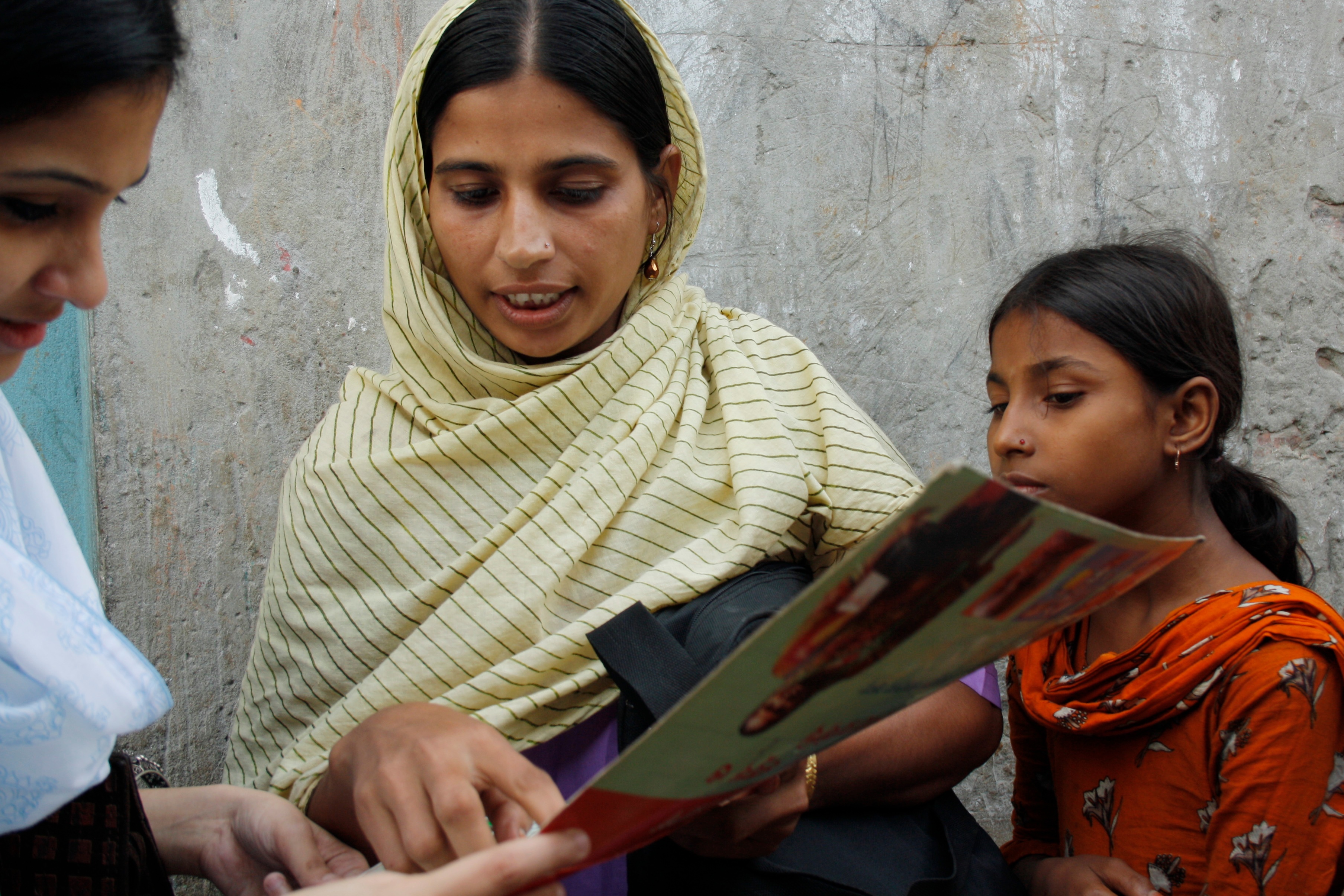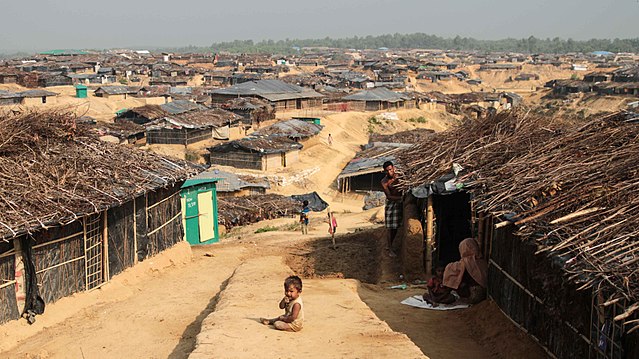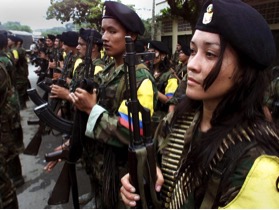The UN’s theme for this year’s International Women’s Day, which was on March 8, 2016, was Planet 50-50 by 2030: Step It Up for Gender Equality. It is important to keep these goals in mind on a daily basis even though International Women’s Day only happens once a year. UN Women has made an incredible effort in making women’s issues and women’s perspectives present in all aspects of international affairs, and their campaign to highlight women and girls within the UN’s recently established Sustainable Development Goals is a very promising feature towards achieving true gender equality by 2030.
The Sustainable Development Goals (SDGs) are the 15 year follow-up to the Millennium Development Goals implemented in 2000. Building on the previous program, the UN is tying the fight against poverty to sustainable development. This means using the social effects of economic growth to bolster many countries and build up societies so that they can participate in global social initiatives like climate protection, education and employment.
The 17 SDGs selected for the 2030 Agenda for Sustainable Development address poverty, hunger, health, education, gender equality, clean water, clean energy, economic growth, industry/infrastructure, reduced inequality, sustainable communities, responsible consumption/production, climate action, sea life, peace and justice, and SDG partnerships.
Although agreed upon in September 2015, the SDGs only came into force January 1, 2016. Even three months into the initiative is not too early to be reminding ourselves that women will play more than a small role in achieving the aims listed within the SDGs. As UN Women Executive Director Phumzile Mlambo-Ngcuka said in her International Women’s Day press release, “Women and girls are critical to finding sustainable solutions to the challenges of poverty, inequality and the recovery of the communities hardest-hit by conflicts, disasters and displacements.” She added, “The participation of women at all levels—and the strengthening of the women’s movement—has never been so critical, working together with boys and men, to empower nations, build stronger economies and healthier societies. It is the key to making Agenda 2030 transformational and inclusive.”
Mlambo-Ngcuka brought up an excellent point: women are the key to building stronger societies. Women improve the lifespan of peace treaties when included in peace talks, representing the perspectives of families and communities that often get lost in the logistics of military procedure. Women have also demonstrated their willingness to participate directly in national security, taking up initiatives to join armed combat forces that have only recently been opened up to females. When provided with opportunities, women are engaging in matters of national and economic security, which is why it is important to keep the ball rolling.
UN Women has proactively tied each of the 17 SDGs directly to women, serving not only to remind the world the impact these goals have on women, but also why it is necessary to include women in these development initiatives over the next 15 years. UN Women has gone beyond just asking for the inclusion of women’s participation in implementing the 2030 SDGs. The UN body has actually presented a monitoring system for gender equality and women’s empowerment within the 2030 agenda, meaning there is absolutely no reason that women should be neglected when engaging with the SDGs at any point from beginning to end.
As the UN seeks to build the global economy and further the development of societies around the world, it is absolutely imperative to set the precedent now: women are an essential part of development strategy and implementation. By continually emphasizing women’s participation in the creation and success of the UN-led SDGs, we will be part of a normative process in which the promotion of women in development leadership will become the expectation of women in leadership roles. Whether this issue is discussed three months into the SDG 2030 Agenda or 14 years later, let’s make sure women remain an essential part of global growth.




